Starting your own HVAC business is a huge undertaking. There are business plans, startup costs, marketing plans, social media, and licenses to think about, among so much more.
This guide will help you with a key cornerstone of your business: your HVAC business plan. We will explain each section of the business plan and how it will help you grow your HVAC business. We will also address frequently asked questions and provide a template to kickstart your HVAC business plan process!
HVAC Business Plan Sections
1. Executive Summary
The executive summary of your HVAC business plan is the introduction of your business. It quickly explains a few important points: the name of your HVAC business, what need or problem your business is addressing, a general overview of your HVAC services, your target market, and a snapshot of financials, such as startup costs, recurring expenses, and forecasted revenue.
This can seem like a lot of boxes to check in one to two paragraphs as a business owner. Remember to keep this section simple. The following sections will give you plenty of room to expand upon your plans for a successful HVAC business!
2. Service Offerings
The service offerings section of your HVAC business plan breaks down your service into a concrete offering. This section allows you to explain the details of your HVAC services.
Some things to consider when writing this section: the name of the HVAC service, a description, how a technician does the service, what benefits a customer receives from this service, and the cost.
3. Market Analysis
To have a successful HVAC business, it’s important to understand your competition, the current economy, and the needs of your geographic area. The market analysis section of your HVAC business plan is where you can research these factors. You will then consider how your discoveries will affect your HVAC business.
Some questions to begin understanding the HVAC market to ask yourself are:
How many competitors do I have? Which of those are my biggest competitors? What are my strengths and weaknesses? What are the strengths and weaknesses of my competition, and how do these present themselves as opportunities for me? What do the potential customers in this area need? What time of year do most people need HVAC services?
4. Business Operations
The business operations section is where your HVAC business ideas become concrete plans. This can include your policies and procedures, your office and transportation logistics, resources and suppliers, and ideal deadlines or goals.
It also includes how many employees and technicians you intend to hire, plus their wages and training plans. This would be a great opportunity to consider SkillMill from Interplay Learning.
SkillMill makes training efficient, relevant, and scalable while saving you time and effort. With 300+ hours of content and hands-on 3D simulations, it’s like having another expert on your team.
5. Marketing Plans
Marketing to the community is very important when starting an HVAC business. Use this section to strategize, rationalize, and budget for your different marketing ideas. Some marketing ideas to consider are social media, direct mail, email, billboards, radio ads, flyers, online digital ads, and more! Get creative.
6. Financial Planning
This section of your HVAC business plan is where you can precisely calculate and list startup costs, inventory, marketing costs, month-to-month expenses, prospective hires and their wages, and forecasted revenue.
Frequently Asked HVAC Questions
Still have questions about starting your HVAC business? Here are a few of the most common questions asked by new HVAC business owners.
1. What is an HVAC Business Plan?
An HVAC Business Plan is a written document that explains your business, its goals, and how it plans to accomplish those goals. The components of an HVAC business plan include the executive summary, service offerings, market analysis, business operations, marketing plans, and financial planning.
2. How do I start my own HVAC Business?
Writing an HVAC business plan is a great place to start with your business.
A business plan will help you clarify your expenses, next steps, and goals toward starting a successful HVAC business.,
Starting an HVAC also includes obtaining the proper permits, certifications, and paperwork required in your state to legally start, own, and operate an HVAC company. You can speak to an attorney or legal expert in your area to point you in the right direction. You can also visit your local bank or connect with a Certified Public Accountant to discuss financials and tax filing information.
Finally, you will want to hire technicians and implement training processes to help you service your customers. Interplay Learning’s SkillMill can help you quickly and effectively train your new technicians through integrated virtual training.
3. How do I grow my HVAC Business?
Growing your HVAC business lies in good service and good marketing.
SkillMill can help you with this. Digital training can help you start an HVAC business more quickly and efficiently compared to traditional training methods. Your new hires will learn faster, easier, and better with SkillMill.
Growing your HVAC business starts with customer satisfaction and steady, growing revenue. SkillMill relies on proven learning methodology to increase learning retention rate and get techs job-ready in weeks, not years – resulting in well-trained technicians that get it right the first time. This means less callbacks, more referrals, and increased revenue.
In your business plan, you will outline a marketing strategy to help you promote your business and connect with prospective customers. Providing good service, however, is how businesses grow by word-of-mouth. Word-of-mouth business is ideal because it doesn’t cost you anything, unlike marketing online or buying billboards. More business and fewer expenses mean higher profit margins!
4. Why do HVAC Businesses fail?
While there are many factors that could cause a business to fail, one of the biggest causes is poor service or a lack of skills.
When you have technicians that quickly and effectively perform the job right the first time, you get satisfied customers that keep coming back for more and you know referrals from them are your best source of new business. If your technicians do not provide friendly service or don’t do the job correctly the first time, customers are less likely to use you again or refer more business, which decreases your revenue and profit margins.
Training with SkillMIll ensures that your technicians get the job right the first time. You are also relieved of the task of training yourself, hiring more employees, or taking your best technicians out of the field for training.
5. Do HVAC Owners make good money?
We often see HVAC business owners achieve six-figure incomes. On the high end, contractors can see $98,586 to $461,723 per year (and you don’t even need a college degree!)
When planning your finances, experts suggest that owners set aside 5 – 6% of total revenue for their salary. Using these figures, you could set goals for how much you personally want to make as an owner and engineer your yearly revenue goals for your business! For example, if you want to make $60,000 that year, and you set aside 5% of the revenue, you would want to bring in $1.2 million in total revenue.
Grow Your HVAC Company With Interplay
Interplay Learning’s digital training platform, SkillMill, can help you as an HVAC business owner increase revenue and scale your business. What makes SkillMill different from traditional training methods is its engaging 3D simulations and immersive VR that take hands-on training and safety to the next level.
This unique platform lets you train your new hires much more quickly and efficiently than traditional training, allowing them to take to the field sooner. SkillMill also becomes another expert on your team, making training efficient, current, and scalable while saving you time and effort when making critical investments in your people. With this kind of training, new technicians can face new situations, ask questions, and apply their skills in a risk-free environment without the fear of failure.









